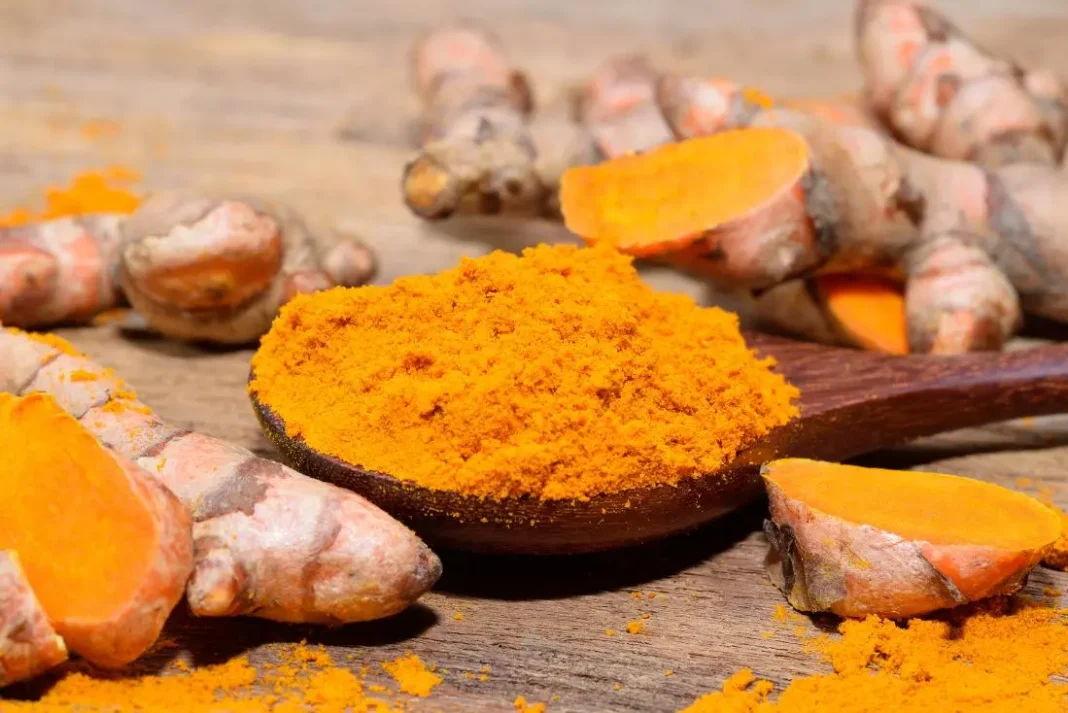Many herbal remedies could have anti-inflammatory properties. However, the evidence to support the majority of these claims is lacking. Inflammation is the body’s primary defense mechanism against infections, wounds, and other forms of harm.
However, inflammation itself can be harmful in some cases. For example, many conditions can cause inflammation to remain elevated, resulting in tissue damage.
A range of anti-inflammatory drugs exist to help control inflammation in the body. However, they often have side effects and may not always be effective.
Natural compounds that are present in certain herbal remedies also have the potential to be anti-inflammatory. However, there is much less research in this area.
This article will list herbal remedies with the most evidence for their anti-inflammatory properties.
Turmeric
Turmeric typically comes in the form of a yellow powder from the root of the turmeric plant.
It contains a chemical called curcumin, which may have anti-inflammatory properties.
Several studiesTrusted Source have shown that turmeric can help reduce inflammation and discomfort in people with arthritis.
It works by limiting the production of molecules called cytokines, which cause inflammation.
Researchers continue to investigate how curcumin affects inflammation in a range of other conditions, such as inflammatory bowel disease. Curcumin has the most substantialTrusted Source evidence base for its anti-inflammatory effects compared with other herbal remedies.
Turmeric is available in the form of capsules, tablets, teas, pastes, and extracts. Methods of taking turmeric will vary, depending on the intended use.
Ginger
Ginger, or Zingiber officinale, is a tropical plant that has long had a place in traditional medicines.
Ginger may have anti-inflammatory properties. There is evidence showing that many of ginger’s constituents can limit the production of cytokines and the activity of cyclooxygenase enzymes, which promote inflammation.
Research has found that the anti-inflammatory properties of ginger could be useful in treating several conditions, including arthritis and pain.
Ginger can be fresh or a dried root. It can also come in the form of tablets, capsules, and teas.
Green tea

Green tea comes from Camellia sinensis leaves. Research has linked it to a variety of health benefits, such as aiding weight loss.
Green tea has anti-inflammatory properties that could underlie some of these specific health benefits.
For example, there is evidenceTrusted Source to suggest that a component of green tea could disrupt processes that cause inflammation in the arthritis.
Other studiesTrusted Source have found that green tea can have a positive effect on inflammation in people with metabolic disorders. Researchers suggest that it may drive these anti-inflammatory effectsTrusted Source.
Green tea typically comes as a hot or cold drink. It is also possible to buy capsules, tablets, and creams that contain green tea.
Many other herbal remedies may also have anti-inflammatory properties. Examples includeTrusted Source:
- thyme
- white willow bark
- frankincense
- resveratrol
However, there is not much research available on these remedies. Without this research, it is not possible to say with certainty whether these anti-inflammatory effects exist, or if they are effective treatment options for people with inflammatory conditions.
While a greater evidence base exists for the remedies in this article, the research in this area is still in the early stages.
For example, scientists have conducted many studies into the anti-inflammatory benefits of turmeric. However, the quality of these studies is not high enoughTrusted Source to support the claim that turmeric can effectively reduce inflammation in humans.
It is also important to remember that studies in this area tend to use highly concentrated forms of these herbal remedies.
In some cases, certain compounds are isolated. One example of this is curcumin from turmeric. This means that the effects may differ when taking different forms of the remedy.
Risks

As with taking any drug, there is the potential for side effects and complications to occur when taking herbal remedies.
As the Food and Drug Administration (FDA) do not regulate herbal remedies, the exact ingredients and quality of these products may vary. This also means that there is less reliable information on the safety of these products.
However, according to the National Center for Complementary and Integrative Health, turmericTrusted Source, gingerTrusted Source, and green teaTrusted Source are generally safe.
That said, some potential side effects include:
It is also possible for these herbal remedies to interact with certain medications. For example, green tea can interactTrusted Source with certain beta-blockers such as nadolol.
It is important to discuss any herbal remedies with a doctor, who can advise further on drug interactions that may occur.
Summary
There is some evidence to support the claim that turmeric, green tea, and ginger have anti-inflammatory properties.
For people with inflammatory health conditions, consuming these herbal remedies could be useful for reducing inflammation.
However, more high-quality research will be necessary to confirm these effects. These herbal remedies are generally safe, but it is important to consult a doctor before taking them in conjunction with other types of medication.
